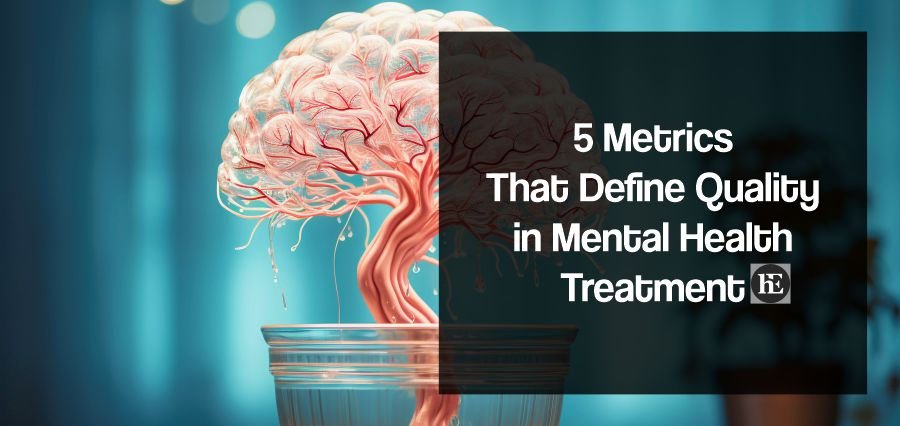How Artificial Intelligence is Enhancing Diagnostic Accuracy in Healthcare
The Impact of Artificial Intelligence on Diagnostic Accuracy in Healthcare
Artificial intelligence (AI) is increasingly playing a crucial role in healthcare, particularly in the realm of diagnostics. By leveraging advanced algorithms and machine learning techniques, AI is enhancing the accuracy of medical diagnoses, leading to better patient outcomes and more efficient healthcare delivery.
Understanding AI in Healthcare Diagnostics
AI in healthcare diagnostics involves the use of machine learning algorithms and data analytics to analyze medical data, such as imaging, genetic information, and patient records. These technologies can identify patterns and anomalies that may be difficult for human practitioners to detect, thus improving diagnostic accuracy and efficiency.
The Benefits of AI in Diagnostic Accuracy
- Increased Accuracy: AI algorithms can analyze vast amounts of data quickly and with high precision, often identifying subtle patterns and abnormalities that might be missed by human eyes. This leads to more accurate diagnoses, particularly in complex cases such as cancer detection or rare diseases.
- Early Detection: AI-driven tools can help in the early detection of diseases by analyzing imaging data, genetic information, and patient history. Early detection is critical for conditions such as cancer and cardiovascular diseases, where timely intervention can significantly improve outcomes.
- Consistency and Standardization: AI systems provide consistent diagnostic results by applying the same analytical criteria across all cases. This helps reduce variability in diagnoses that can occur due to differences in individual practitioners’ interpretations.
- Efficiency and Speed: AI can process and analyze data faster than traditional methods, leading to quicker diagnostic results. This not only speeds up the diagnostic process but also reduces the burden on healthcare professionals, allowing them to focus on patient care and treatment.
Key Innovations in AI for Healthcare Diagnostics
- Imaging Analysis: AI algorithms are increasingly used to analyze medical images such as X-rays, MRIs, and CT scans. These systems can detect abnormalities like tumors or fractures with high accuracy, aiding radiologists in making more informed diagnoses.
- Genomic Analysis: AI is used to interpret complex genetic data, identifying mutations and genetic predispositions to various diseases. This helps in diagnosing genetic disorders and personalizing treatment plans based on a patient’s genetic profile.
- Predictive Analytics: AI-powered predictive analytics can forecast disease progression and patient outcomes based on historical data and current health metrics. This enables healthcare providers to make proactive decisions and tailor treatment plans to individual patients.
- Natural Language Processing (NLP): NLP algorithms analyze unstructured data from electronic health records, clinical notes, and patient histories. This helps in identifying relevant information for diagnosis and improving overall diagnostic accuracy.
Challenges and Future Directions
While AI holds great promise, several challenges need to be addressed, including data privacy concerns, algorithm bias, and the need for large, high-quality datasets to train AI systems. Ensuring the integration of AI with existing healthcare systems and maintaining transparency in AI decision-making are also crucial for successful implementation.
Future advancements in AI diagnostics are expected to focus on improving algorithm accuracy, enhancing data interoperability, and developing more robust systems for real-time diagnostic support. Collaboration between AI developers, healthcare providers, and regulatory bodies will be essential for overcoming current challenges and maximizing the benefits of AI in healthcare.
Conclusion
Artificial intelligence is revolutionizing healthcare diagnostics by enhancing accuracy, early detection, and efficiency. Through innovations in imaging analysis, genomic data interpretation, predictive analytics, and natural language processing, AI is setting new standards in diagnostic precision. As technology continues to evolve, the integration of AI into healthcare diagnostics promises to further improve patient outcomes and streamline healthcare delivery. Embracing these advancements will be crucial for advancing medical practice and ensuring high-quality care for patients.
Latest Article
-
 Fenugreek Benefits and Uses: Blood Sugar, Hair, Hormones GuideArticle
Fenugreek Benefits and Uses: Blood Sugar, Hair, Hormones GuideArticle -
 11 Questions Life Coaches Ask That Change How You ThinkArticle
11 Questions Life Coaches Ask That Change How You ThinkArticle -
 8 Real Benefits of Life Coaching That Go Beyond MotivationArticle
8 Real Benefits of Life Coaching That Go Beyond MotivationArticle -
 Blaze Schwaller: For Every Person Who Has Ever Felt Too Much, Too FastArticle
Blaze Schwaller: For Every Person Who Has Ever Felt Too Much, Too FastArticle -
 5 Metrics That Define Quality in Mental Health TreatmentArticle
5 Metrics That Define Quality in Mental Health TreatmentArticle
